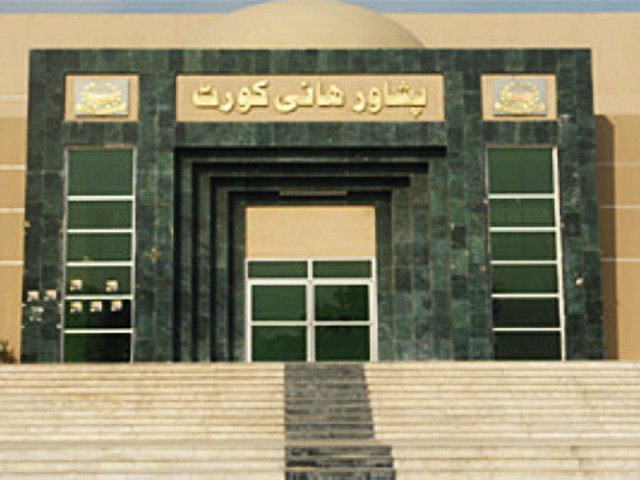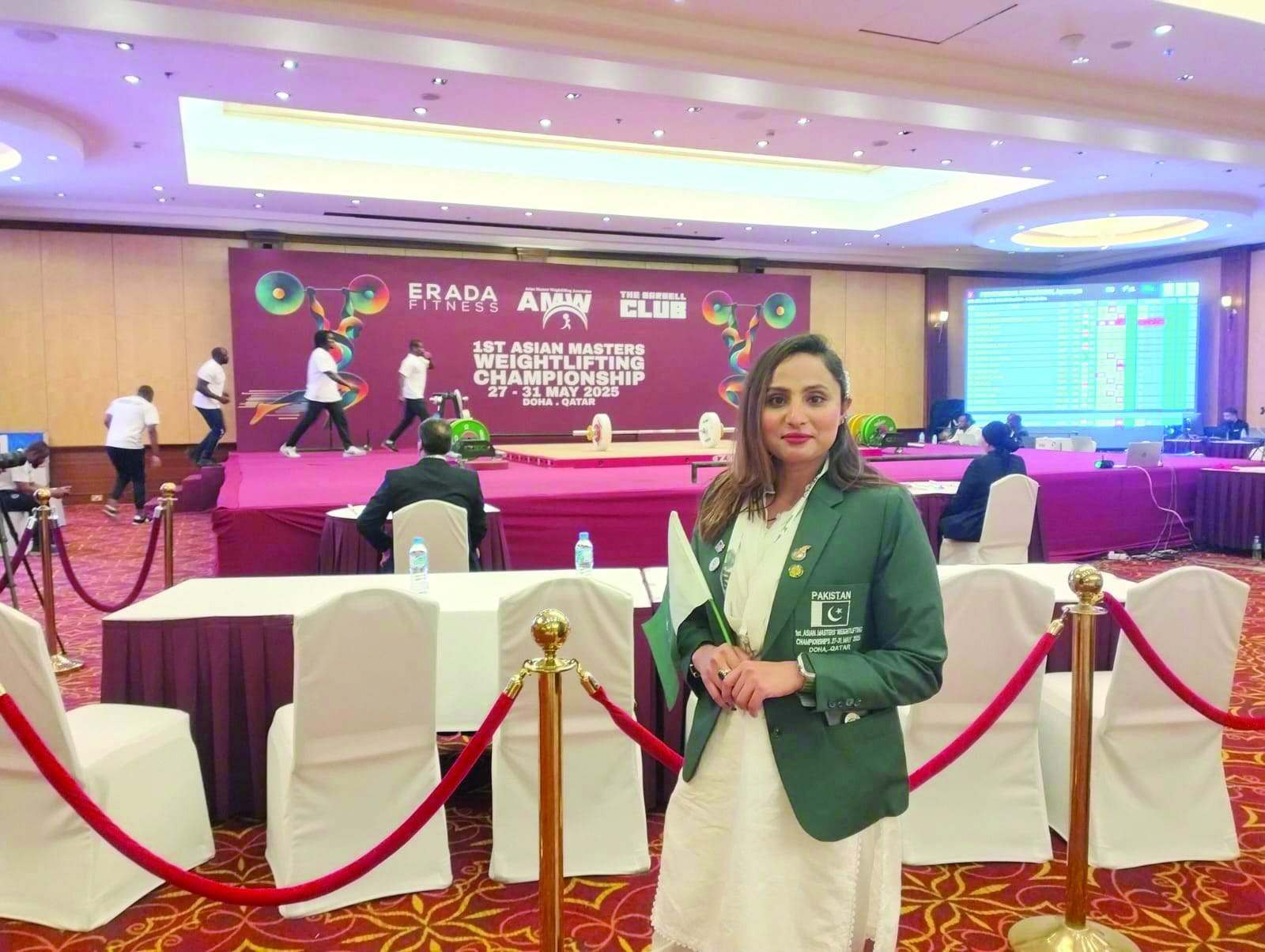The Peshawar High Court Ruling: What It Means for Khyber-Pakhtunkhwa’s Political Landscape
On a recent Tuesday, the Peshawar High Court (PHC) made a significant ruling that’s bound to shake up the political dynamics in Khyber-Pakhtunkhwa (K-P). In a decision concerning the allocation of reserved seats in the K-P Assembly, the court annulled the previous distribution and instructed the Election Commission of Pakistan (ECP) to revisit the seat allocations after listening to all relevant parties.
This ruling emerged from a petition filed by the Pakistan Muslim League-Nawaz (PML-N), challenging the ECP’s previous distribution that favored certain political entities. The court declared both announcements regarding reserved seats for women and minorities null and void, leading to a fresh opportunity for all political parties to voice their claims.
What does this mean practically? First off, the swearing-in of lawmakers who were designated for these reserved seats has been put on hold. The ECP now has ten days to devise a fair strategy for reallocation, which could reshape the power balance in the assembly. Importantly, the court also overturned the ECP’s deadline for independent candidates to join political parties, labeling it unconstitutional.
In K-P, the assembly consists of 124 members: 99 elected on general seats, alongside 21 reserved for women and 4 for non-Muslims. Previously, the ECP had assigned these reserved seats based on the strength of the political parties in the assembly, but this process had been fraught with challenges and concerns of fairness over the past year.
During the hearings, lawyers for the involved parties, including PML-N, Jamiat Ulema-e-Islam (JUI), and others, laid out their arguments. PML-N’s lawyer contended that the ECP’s seat allocation failed to reflect the true political representation, as they had an additional member join after the initial allocation was made. This argument prompted the court to take action, reinforcing the importance of transparent and equitable representation.
As this case unfolds, it’s clear that the outcome will not only impact the immediate political landscape but also set a precedent for how political disputes are handled in the future. The actions of the ECP in responding to this ruling will be closely watched by all parties involved.
While political dynamics can often be a maze, staying informed is crucial. For more insights into how legal rulings impact society and politics, feel free to explore additional resources or connect with organizations like Pro21st. Whether you’re looking for updates or analyses, staying engaged will empower your understanding and involvement in current affairs.





